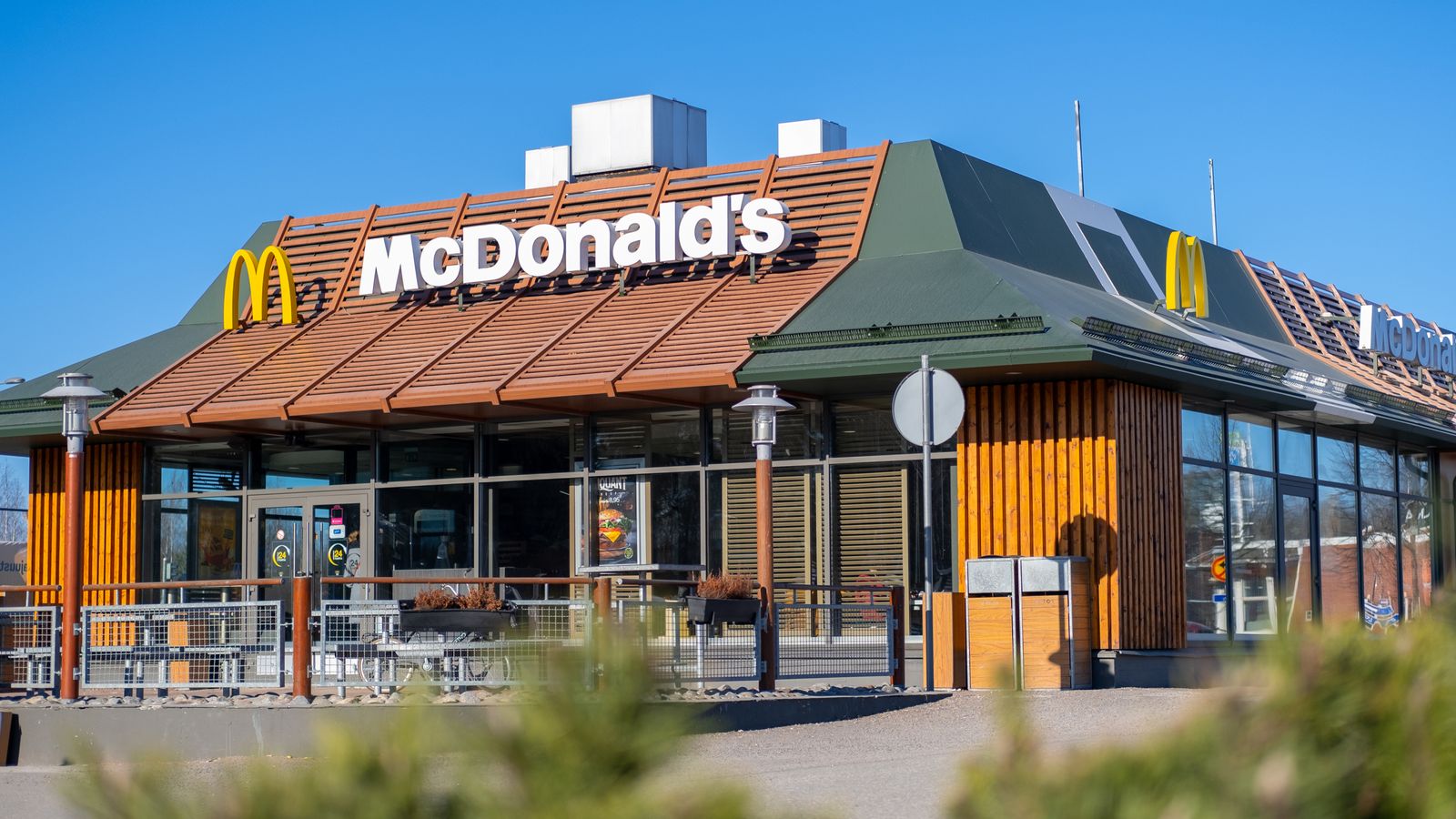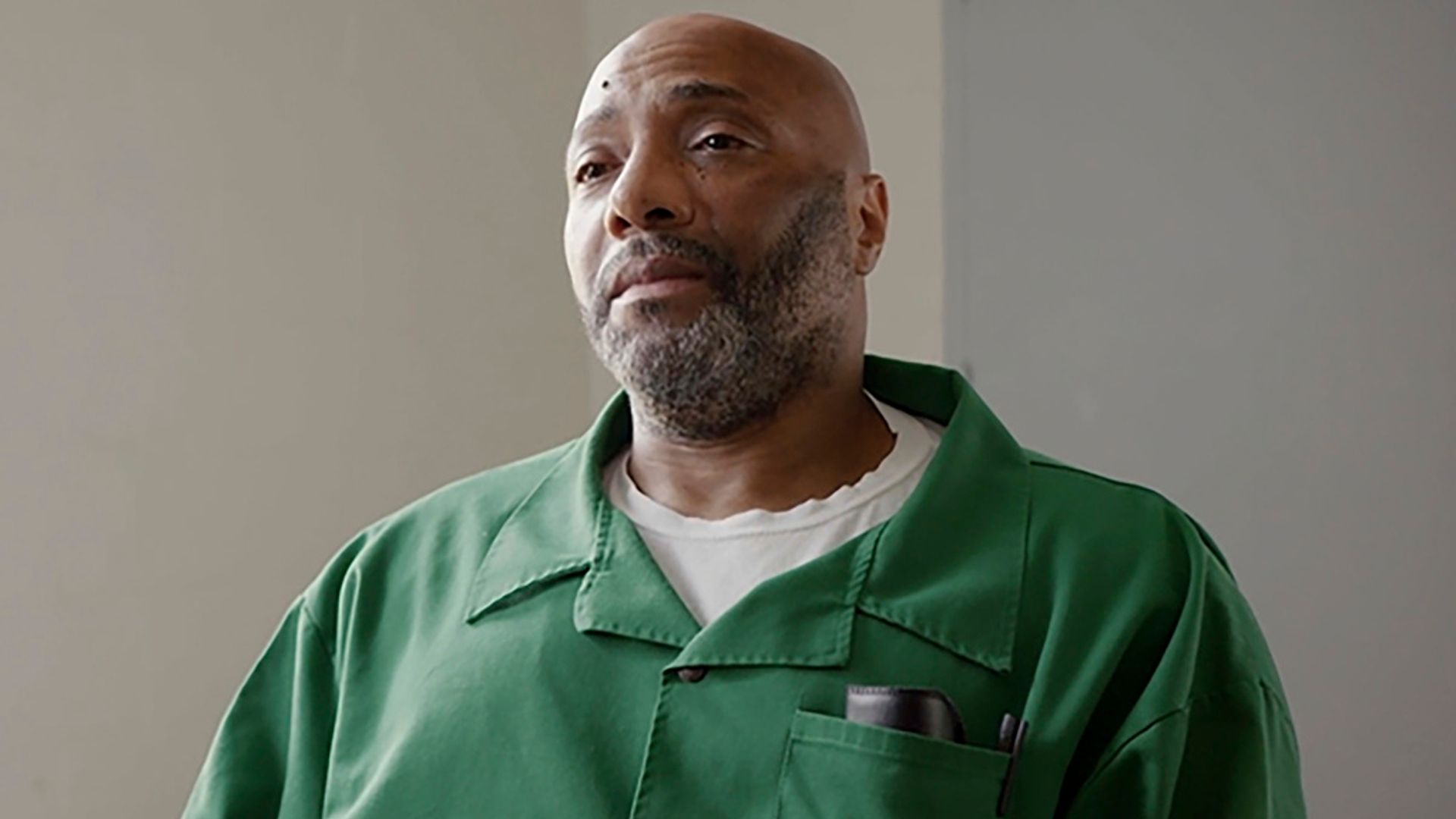McDonald’s has signed a legal agreement with the equality watchdog amid concerns over how it has handled sexual harassment complaints made by UK staff.
A union representing some employees had claimed in 2019 that more than 1000 complaints had been logged.
The Bakers, Food and Allied Workers Union (BFAWU) had alleged a “toxic culture” at UK sites in the wake of wildcat strikes that hit restaurants in several US cities in 2018 on the same issue.
The legally binding agreement with the Equality and Human Rights Commission (EHRC) commits the group to a number of measures to better protect workers in the UK.
They include communicating a “zero tolerance” approach to sexual harassment, to provide anti-harassment training and to improve policies to better respond to complaints.
Alistair Macrow, chief executive of McDonald’s in the UK stressed that harassment and abuse “have no place in our society or at McDonald’s”.
He responded: “As one of the UK’s leading employers, the safety and wellbeing of our people is our absolute priority.
“It is hugely important to me that everyone in our organisation feels safe, respected and included at all times – this is core to the values of our business.
“We already have a strong track record in this area and I now welcome the opportunity to work with the EHRC to further strengthen this.”
Read more:
UK to swerve recession but ‘a quarter of homes face cost of living struggle’
The group had committed, in 2021, to anti-harassment training for its global workforce after it emerged that at least 50 employees worldwide had filed charges against the chain over the previous five years.
Ian Hodson, national president of the BFAWU, said: “It’s shameful that one of the richest corporations on the planet doesn’t take sexual harassment seriously until we raise it.
“I pay tribute to all our members who have spoken out on this issue and encourage McDonald’s to work with us in ending sexual harassment.”
EHRC chairwoman Baroness Kishwer Falkner said: “We are pleased that McDonald’s has signed this agreement to signal their intent to make their restaurants safe places to work.
“The improvements they put in place can set an example for others to follow, whether in the hospitality industry or elsewhere.”









